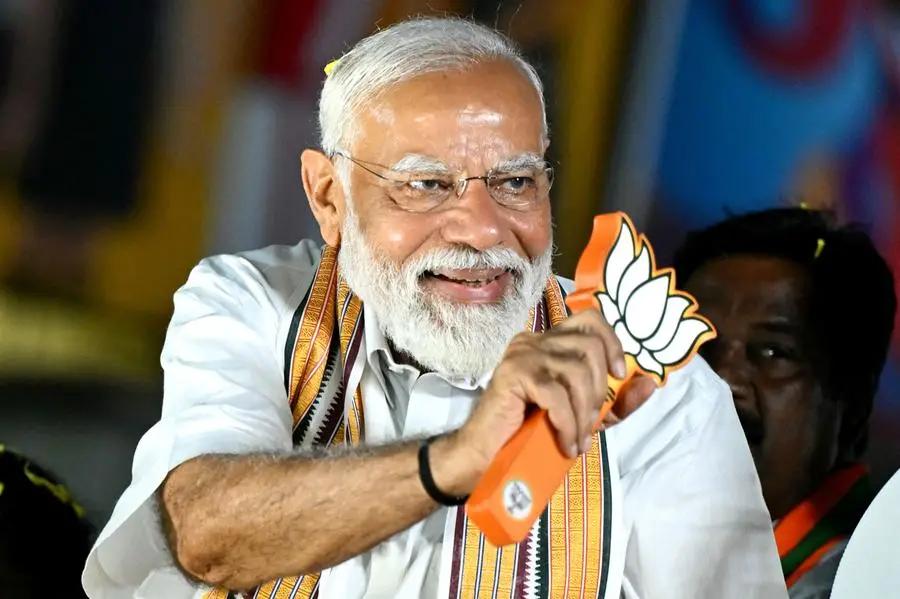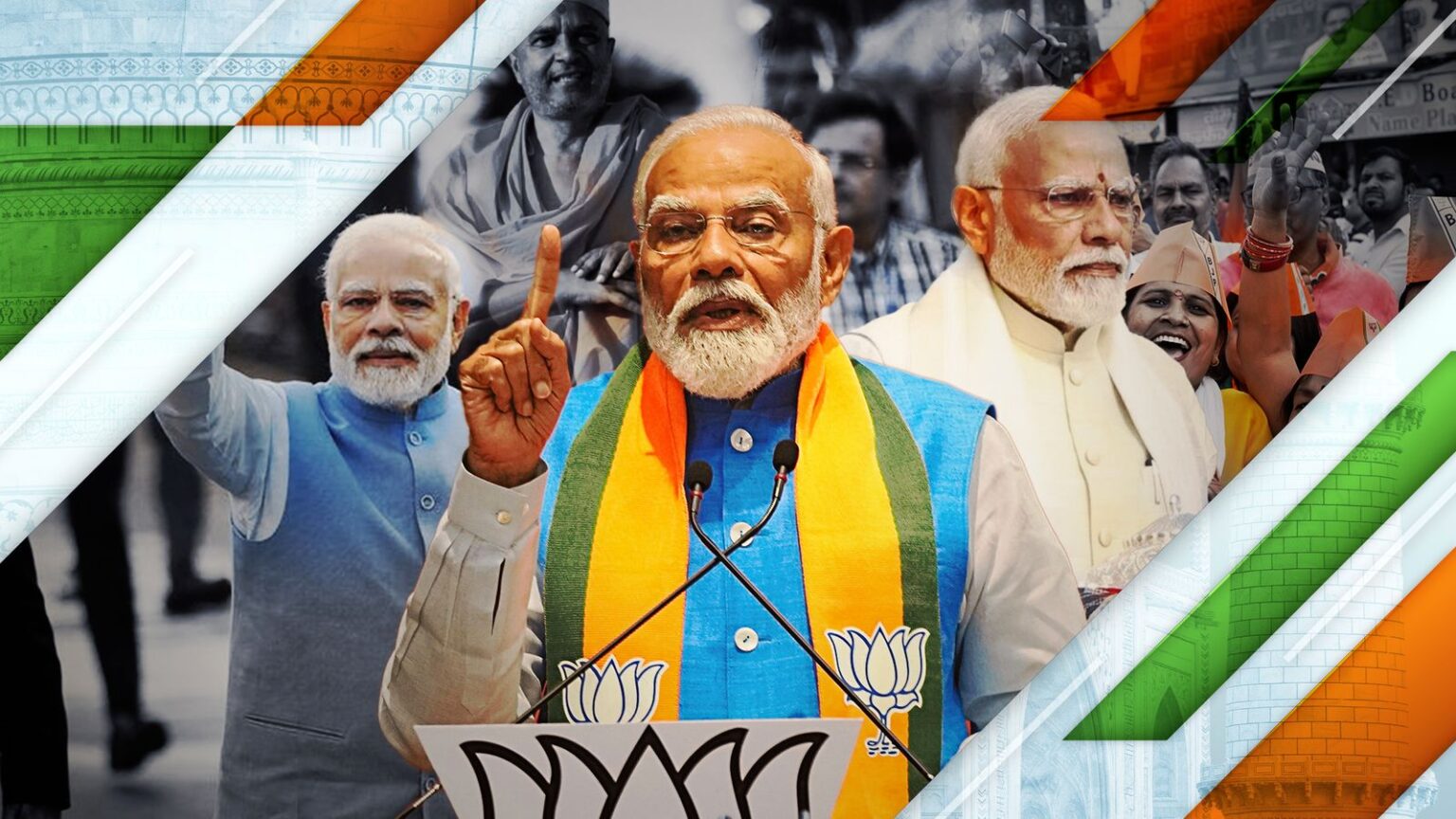Narendra Modi, India’s Prime Minister since 2014, is a figure of profound influence and stark polarization. Revered by many for his dynamic leadership and transformative policies, Modi has achieved a god-like status among his supporters. His tenure has been marked by significant economic reforms, including the implementation of the Goods and Services Tax (GST) and the demonetization drive aimed at curbing black money.

Source:- BBC news
Under his leadership, India has seen substantial infrastructure development, improved international relations, and initiatives like “Make in India” and “Digital India” that have aimed to modernize the economy and boost global competitiveness
Source:- news 18
However, Modi’s leadership is not without its critics. His tenure has faced intense scrutiny over issues such as religious intolerance, with accusations of fostering a climate of Hindu nationalism at the expense of India’s secular fabric. The handling of the COVID-19 pandemic, particularly during the devastating second wave, drew severe criticism for alleged mismanagement and lack of preparedness. Modi’s government has also been criticized for its approach to press freedom and civil liberties, with allegations of suppressing dissent.
Despite the controversies, Modi remains a dominant force in Indian politics, a leader whose impact is undeniable, leaving an indelible mark on the nation’s history. His ability to inspire devotion and provoke criticism in equal measure underscores the complex legacy he continues to build.
Share your views in the comments

